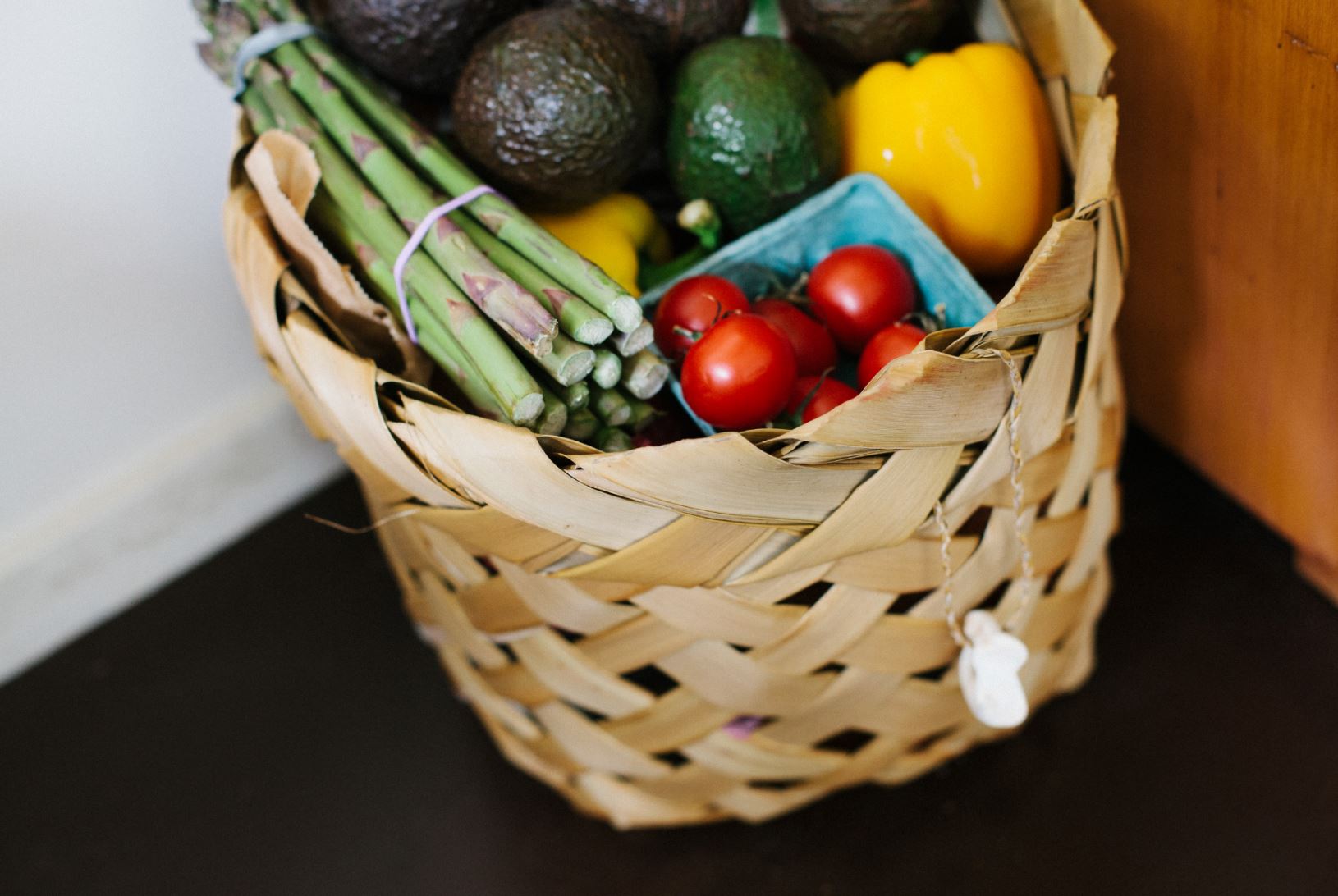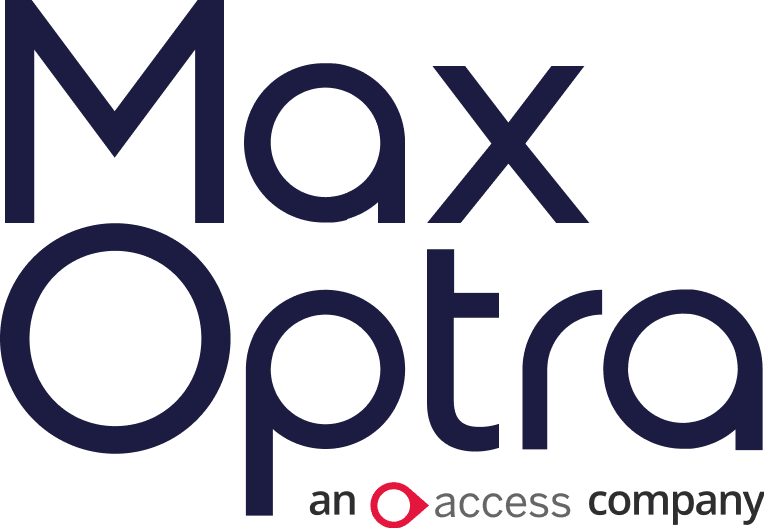How businesses are adapting to COVID-19 and making the B2C pivot

Last week, we explained how due to the COVID-19 outbreak, businesses are dealing with unprecedented and difficult times. Some are struggling to maintain customers and bring in new sales, whilst others are dealing with a sudden increase in demand.
To tackle these challenges, many businesses are re-focusing their approach and business model; pivoting from B2B to B2C.
Since then, we have continued to support businesses who are making this shift, including Natures choice catering greengrocers, Underwood meat company, Jurassic coast meats, and Foodari limited.
What do these businesses have in common?
All of these businesses originally focused on B2B customers; suppling events, restaurants, and shops.
As events are cancelled, restaurants close, and shops see a decline in customers, these businesses are facing a reduction in sales.
Therefore, they have decided to turn their focus onto B2C customers – supporting and supplying food and produce to individual and families, at their home.
How are they making the B2C pivot?
All of these businesses have worked with MaxOptra, taking advantage of the MaxOptra support group and making the most of the MaxOptra system to manage their drivers, routes and fuel.
Delivery
New customer locations
Another consideration for businesses making the B2C pivot is the addition of new customer locations. These could bring new territories for drivers, which are outisde of their normal routes.
If businesses are using a route optimisation platform, such as MaxOptra, it is important for drivers to follow the optimised routes given to them to ensure deliveries are as smooth and streamlined as possible.
Increasing demand
In these difficult times, if a business has an increase in demand, that’s great news! However, this can put extra strain on their drivers. Again, route optimisation can help drivers during these busy times; streamlining routes and removing the burden of additional planning and navigation for the drivers.
Dynamic routes
For businesses using route optimisation, the most pressing change that businesses are facing during the pivot is moving from fixed routes to dynamic routes, which means that daily optimisation is required.
Previously, many B2B businesses would have fixed customers on fixed ‘run numbers’, making routes very static.
B2B distribution, on the other hand, is a very different type of operation where their orders will be very sporadic and there will be a changing customer base.
Customer communication
Regular updates
B2C buyers are spending their own money, which means they are personally invested in anything they buy. Add to this that B2C is used to and actually expect regular communication post-purchase.
Businesses can keep their new customers regularly updated on order and delivery process through automated email and SMS updates.
Multiple channels
Many B2B businesses traditionally focus on telephone and email as their main communication channel with customers.
As previously mentioned, B2C buyers spend a lot of their free time on social media, so tap into these channels to offer customer service through Twitter or Facebook chat, for example.
The results
These companies are now able to engage with previous customers, outside of a business setting, whilst also increasing their new customer base.
As well as changing their business model during a difficult time, they can now support the community by offering much-needed food and produce to individuals and families; reducing the need for them to visit supermarkets and go outside unnecessarily.
MaxOptra support group
At MaxOptra we know that many businesses are going through a difficult period. Some are experiencing uncertainty, whilst others are struggling to cope with the demand.
If either applies to you, we want to help.
The MaxOptra team are lending a helping hand to struggling businesses by offering the MaxOptra system, plus support and consultancy services, free of charge, no strings attached.
We hope this will relieve the burden of planning, or offer businesses a way to pivot from B2B to B2C, as many of our customers are currently doing.
Get in touch with us for more information.
Maxoptra System
© MaxOptra, 2023. Privacy Policy and Cookies
